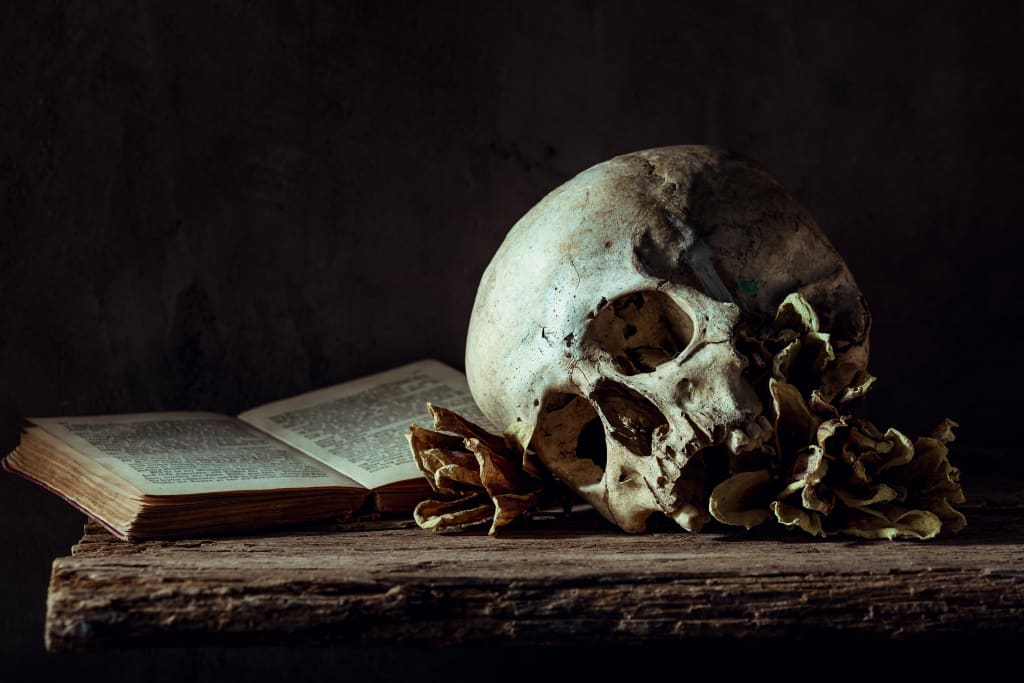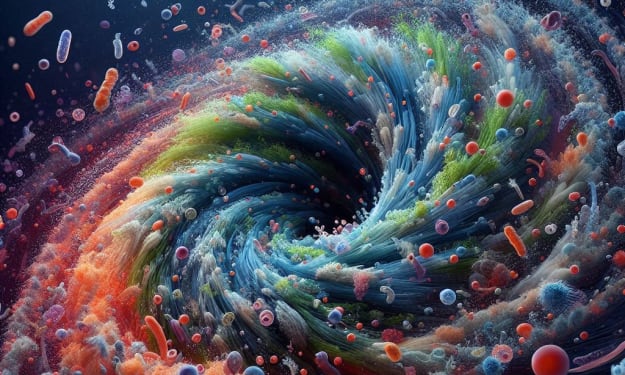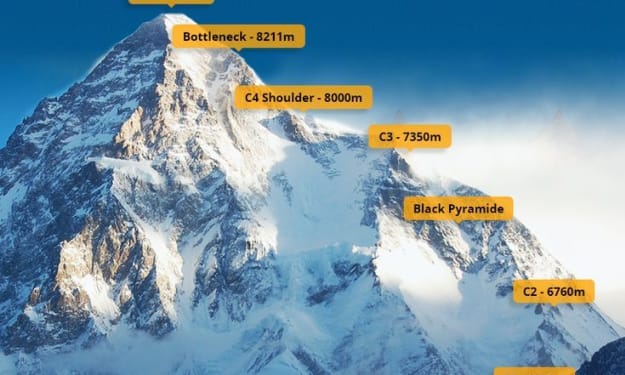WHAT HAPPENS WHEN A PERSON DIES
What actually does happen when one dies?

It is both heartbreaking and terrifying to witness news reports of death tolls occurring worldwide. Annually, approximately 60 million people die, amounting to about 213 deaths per minute in 2023. These staggering figures may lead one to contemplate when their own time will come. While death is inevitable, what actually happens before, during, and after death remains a topic of curiosity. Is there an afterlife? Join me as I guide you through the journey of what happens when you die.
While you spend your day indulging in your favorite activities, such as gaming or relaxing on the beach, there are individuals dedicated to studying the mysteries surrounding death. One such person is Dr. Sam Parnia, an associate professor of medicine and director of critical care at Resuscitation Research at NYU Langone. Driven by curiosity and a passion for answers, Dr. Parnia conducted research to better understand end-of-life phenomena and improve the quality of resuscitation after cardiac arrest.
The study, known as the Awareness Study, involved collaboration with various professionals from different fields such as geriatrics, dementia, neurology, psychiatry, and rehabilitation medicine. Over 330 patients were successfully revived in the participating facilities during the study. However, only 140 interviews could be conducted due to some participants passing away or being unable to participate.
Interestingly, more than 50 patients admitted to having memories of being unconscious, with nine of them describing near-death experiences (NDEs). Two participants even claimed to have had out-of-body and audio-visual perceptions. These experiences included watching medical professionals and their resuscitation efforts from a different vantage point. The accuracy of these claims was verified in one case where the patient's descriptions matched the medical records.
Typically, medical professionals believe that a person's brain remains active for only about 30 seconds following their last heartbeat. However, in some cases, the experiences seemed to persist for about three minutes, which is remarkable. The study included the use of picture boards strategically placed in the intensive care units to test the accuracy of visual awareness claims. Unfortunately, many patients were resuscitated in areas without these picture boards, limiting the verification process.
The main goal of the Awareness Study was to develop a methodology for verifying claims of visual and auditory perception during cardiac arrest. The initial findings from the first four years of the study were released in December and published in a medical journal. Among the 2060 patients who experienced cardiac arrest, 140 survived and were interviewed. Nine of these patients had NDEs, and two of them had memories of auditory or visual awareness.
Although the study did not provide all the anticipated outcomes, it did shed light on the possibility of conscious experiences during cardiac arrest. Further research is required to verify and explore these experiences, as well as to understand the phenomenon of paradoxical lucidity in dementia patients.
Dr. Parnia and his team are dedicated to advancing our understanding of death and the experiences surrounding it. Their ongoing research aims to uncover novel avenues for mental clarity in dementia patients and gain insights into the cognitive experience of dying. This knowledge could have implications for developing therapies for mental illnesses and improving end-of-life care.
In conclusion, death is not an instantaneous event but rather a gradual process. Knowing what to expect before, during, and after death can help individuals cope with this experience. While there is still much to learn, the Awareness Study and ongoing research provide valuable insights into the mysteries of death and consciousness.
About the Creator
Enjoyed the story? Support the Creator.
Subscribe for free to receive all their stories in your feed. You could also pledge your support or give them a one-off tip, letting them know you appreciate their work.





Comments
There are no comments for this story
Be the first to respond and start the conversation.